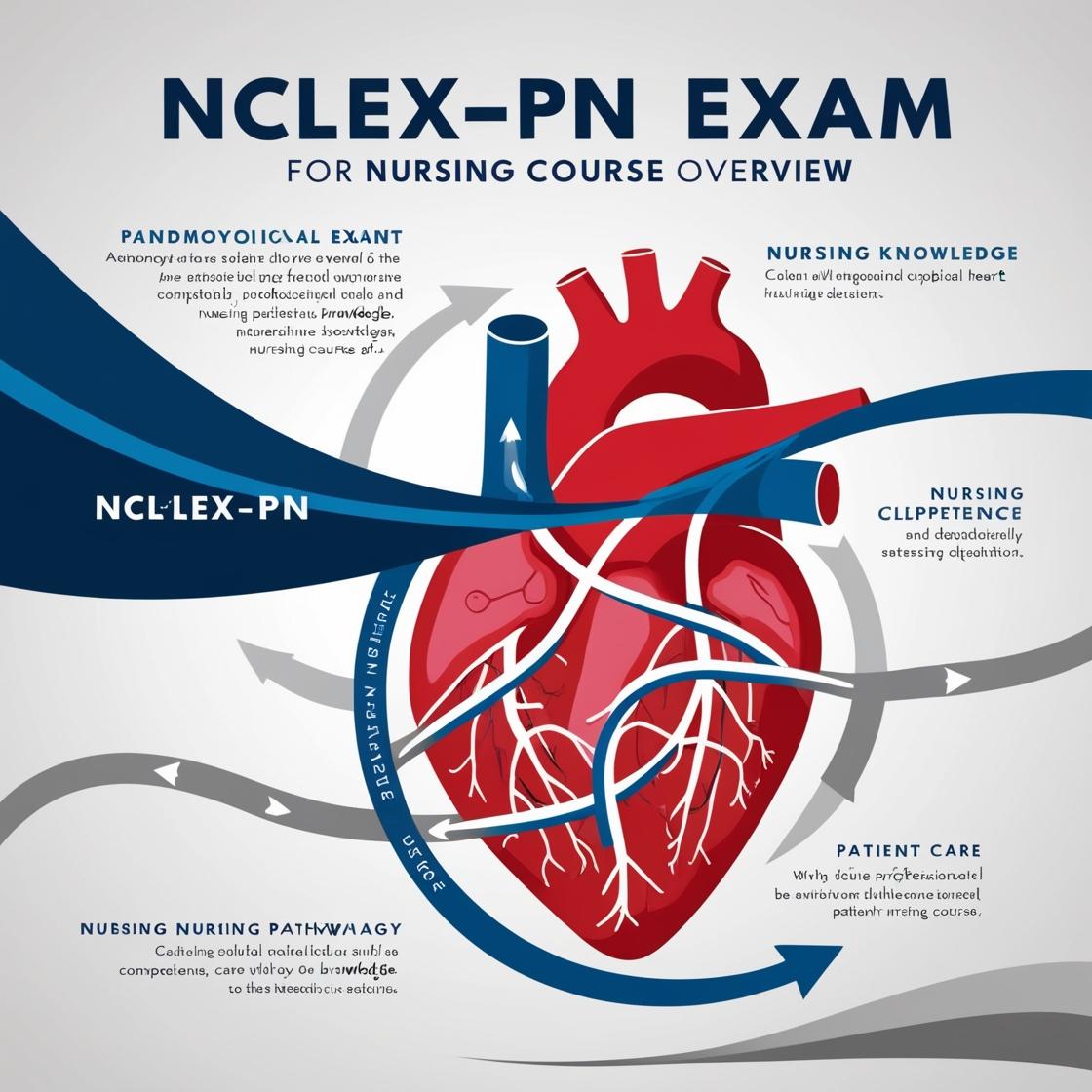NCLEX-PN
Nclex Questions Management of Care
1. When planning play activities for a hospitalized school-age child, a nurse uses Erikson's theory of psychosocial development to select an appropriate activity. The nurse selects an activity that will assist the child in developing which developmental goal?
- A. A sense of industry
- B. Autonomy
- C. A sense of trust
- D. Initiative
Correct answer: C
Rationale: The correct answer is 'A sense of industry.' According to Erikson, the central task of the school-age years is the development of a sense of industry. During this stage, children engage in activities like schoolwork, crafts, chores, hobbies, and sports to develop a sense of competence and productivity. The development of trust is the primary task of infancy, autonomy is the task of toddlerhood, and initiative is the task of the preschool years. Therefore, in this scenario, focusing on fostering a sense of industry aligns with the developmental goals of a school-age child.
2. The ICU nurse caring for a client who has just been declared brain dead can expect to find evidence of the client's wishes regarding organ donation:
- A. on the client's driver's license.
- B. in the client's safety deposit box.
- C. in the client's last will and testament.
- D. on the client's insurance card.
Correct answer: A
Rationale: In most states, indication of organ donor status is found on the client's driver's license, making it easily accessible for decision-making in critical situations like declaring brain death. Evidence in a last will and testament or a safety deposit box may not be promptly available. Information about organ donation is typically not included on insurance cards. The primary care physician's health record documentation could also be a relevant source for the ICU nurse. Therefore, the correct answer is finding evidence of the client's wishes regarding organ donation on the client's driver's license.
3. What is the role of an incident report in risk management?
- A. To provide liability protection.
- B. To provide data for analysis by a risk manager to determine how future problems can be avoided.
- C. To discipline staff for errors.
- D. All of the above.
Correct answer: B
Rationale: The correct answer is B. Incident reports play a crucial role in risk management by providing data for analysis to prevent future problems. They are not primarily for liability protection (A) or disciplining staff (C). Therefore, choice B is the most appropriate answer. Choosing option D is incorrect because incident reports do not solely exist for all the mentioned purposes, but primarily to provide data for analysis and preventive actions.
4. The laws enacted by states to provide immunity from liability to persons who provide emergency care at an accident scene are called:
- A. Good Samaritan laws.
- B. HIPAA.
- C. Patient Self-Determination Act (PSDA).
- D. OBRA.
Correct answer: A
Rationale: The correct answer is Good Samaritan laws. These laws protect individuals who provide voluntary emergency care from being held liable for any unintended injury or harm that may occur during the care. Good Samaritan laws encourage individuals to assist in emergencies without fear of legal repercussions. HIPAA, on the other hand, focuses on safeguarding patient information and privacy, ensuring confidentiality. The Patient Self-Determination Act (PSDA) pertains to a patient's rights to make decisions about their medical treatment and advance directives. OBRA, enacted in the late 1980s, aims to improve the quality of care in nursing homes and enhance residents' quality of life, focusing on nursing home reform and standards, which is not directly related to immunity for emergency care providers.
5. When working with elderly clients, the healthcare provider should keep in mind that falls are most likely to happen to the elderly who are:
- A. in their 80s.
- B. living at home.
- C. hospitalized.
- D. living on only Social Security income.
Correct answer: C
Rationale: The correct answer is 'hospitalized.' Elderly individuals are at a higher risk of falls, especially when they are in new environments like hospitals due to unfamiliarity with the surroundings, medications, and potential mobility challenges. Being in a hospital can disrupt their usual routines and increase the risk of falls. Choice A ('in their 80s') is not as directly related to the increased risk of falls in a hospital environment. Choice B ('living at home') is a common setting for the elderly but does not address the specific risk associated with being hospitalized. Choice D ('living on only Social Security income') is unrelated to the risk of falls based on the environment.
Similar Questions

Access More Features
NCLEX PN Basic
$69.99/ 30 days
- 5,000 Questions with answers
- Comprehensive NCLEX coverage
- 30 days access @ $69.99
NCLEX PN Premium
$149.99/ 90 days
- 5,000 Questions with answers
- Comprehensive NCLEX coverage
- 30 days access @ $149.99
